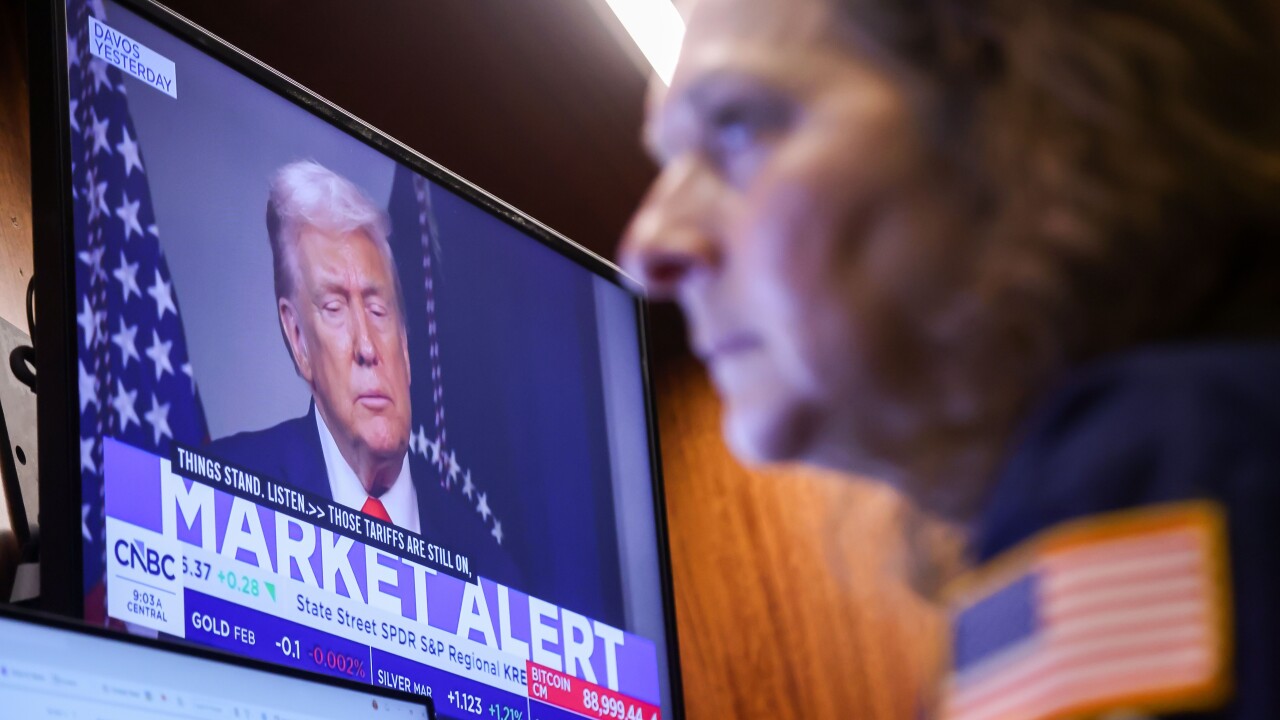WASHINGTON - The Financial Accounting Standards Board has no shortage of suggestions for modifying its proposal to eliminate the popular pooling-of-interests method in accounting for mergers.
But no matter how the board ultimately rules on the controversial issue, it will not be second-guessed by some influential members of Congress.
At a roundtable discussion on pooling Wednesday, members of the Senate Banking Committee said the board must have the freedom to decide without interference from lawmakers - whether they agree with the outcome or not. One reason "the world comes to our country," said Sen. Christopher J. Dodd, D-Conn., is that the marketplace - not the government - sets accounting principles.
"What I would vehemently oppose is that Congress ever attempt to legislate a result," Sen. Dodd told the panel of business and academic leaders.
Sen. Robert Bennett, R-Utah, agreed. Furthermore, he said, the board must also be free of any influence from the Securities and Exchange Commission, a comment that received nodding approval from both Republicans and Democrats. "I believe a large part of the controversy is being driven by pressure from the SEC," Sen. Bennett said.
FASB has proposed eliminating pooling in favor of purchase accounting, arguing that the latter more accurately reflects the value of a deal. But the plan, introduced last fall and expected to take effect next year, has come under fire from many companies because of its treatment of goodwill.
Under the pooling method, the book values of the combined companies are blended, and goodwill, as an intangible asset, is not accounted for. Under purchase accounting, goodwill must be treated as an asset and written down over several years.
Opponents of the plan to eliminate the pooling method argue that the proposal unfairly assumes that goodwill is a diminishing asset. But at the panel discussion, Senate Banking Chairman Phil Gramm - as well as representatives from a wide range of industries - said this is often not the case.
"The problem with purchase accounting is that we're required to arbitrarily write down that asset even though in any successful merger we expect the value of goodwill to rise, not decline," the Texas Republican said.
A compromise, unveiled last month, appears to be gaining support in FASB.
The plan, recommended by a number of top accounting firms and investment banks, would record goodwill as an asset but test it periodically to determine its value. Though some dismissed the plan as too complex, others, including FASB Chairman Edmund L. Jenkins, said it deserves further study.
"Conceptually, it does have merit," he said.
Several members of the panel argued that goodwill does not need to be accounted for in financial statements because a company's stock price will ultimately reflect the value of its deals. Simply put, if a merger produces the efficiencies, gains, and market share that were expected, then investors will flock to buy the stock.
"It ought not to be recorded in financial statements because it is recorded in market capitalization," said Robert Ryan, chief financial officer of Medtronic Inc., a medical device maker in Minneapolis.





